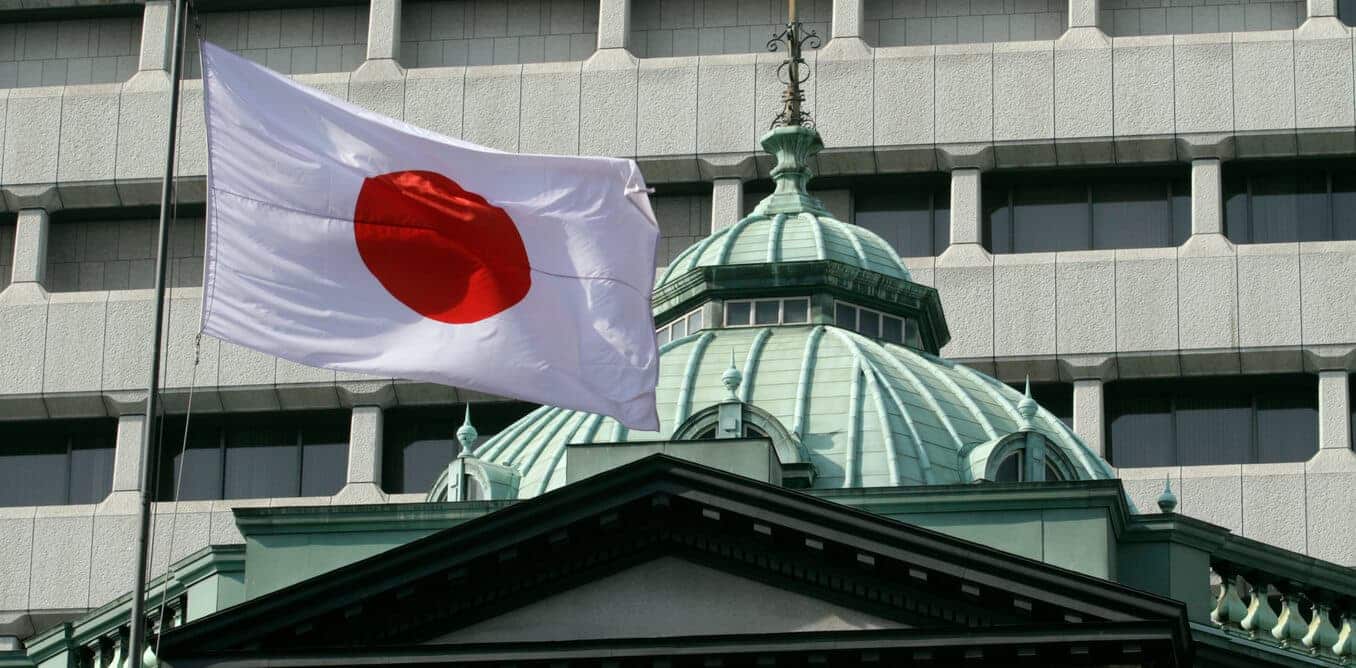Bank of Japan has finally slashed its inflation view and has cautioned of growing economic risks like falling demand on a global scale thereby thwarting the prolonged efforts of the policy-makers to achieve sustainable growth. In its review of policy, the central bank of Japan has kept its monetary settings while still retaining the stimulus package which had begun in 2013.
Bank of Japan has also stated that the third largest economy of the world will not slow down but will go on expanding although at a modest rate. Despite the outlook, many analysts are worried especially in the wake of growing fears of a trade war between its biggest trading partners, i.e., the US and China. Latter has already stagnated the global growth. The bank also cautioned that the economy of Japan is facing many risks from global factors like Brexit, the trade dispute between the US and China, protectionism and also the economic policy of the United States. It stated that such risks are continuing to rise and thus will have an impact on both businesses and households.
Many international experts have stated that the Japanese economy is at an increased risk of sinking into recession especially due to the external factors operating at the global front. These will make it even harder for Japan to accomplish its target of 2 percent inflation. Even a survey conducted by the International Monetary Fund has expressed a grim outlook and has cut the growth forecasts across the globe especially as the investor sentiment has hit due to the rising possibilities of a trade war.
The bank kept the short-term interest rate target at minus 0.1 percent. It has, however, been forced to keep the stimulus due to the weak inflation. The stimulus has been kept for far longer than expected. The BOJ is less likely to take any exit strategy as there is an increase in pressure internationally from the global economies. All the policy-easing steps will be taken up later. There is a slowdown seen globally which has also forced the Fed to take a stern stance in its tightening cycle and thus it is speculated that it will pause any rise in rates as the latter had been done four times in 2018.
The Bank of Japan has although kept its forecasts low in the remaining part of the current fiscal year but has increased its growth prospects for 2019-2020. Another data released by the government also showed its exports had fallen in December 2018 maximally in the last two years. It has also slashed its forecast of core consumer inflation to 0.9 percent in the next fiscal year owing to fall in oil prices and the weakening global growth prospects.
The central bank extended the deadline for lending schemes by one year to increase loans by various financial institutions and thereby support businesses. This will also not let the financial institutions to build a huge pile of liquid money.




